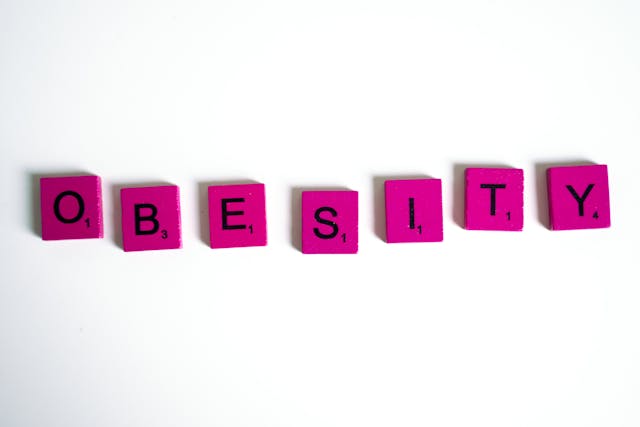Patients experiencing obesity are at higher risk of developing issues affecting their organs, such as the gallbladder. The gallbladder stores and releases bile, a digestive fluid produced by the liver that helps break down dietary fats. For gallbladder-related complications, research indicates a clear connection between obesity and gallbladder issues.
Disorders affecting this organ, such as gallstones or inflammation, can lead to severe discomfort and complications. Individuals interested in improving gallbladder-related symptoms may be interested in gallbladder surgery. This and other beneficial procedures, like weight loss solutions (e.g., bariatric surgery), may improve patient symptoms.
Gallbladder’s Role in the Human Body
The gallbladder is a small, pear-shaped organ located beneath the liver. Its primary role is to store and concentrate bile, a digestive fluid produced by the liver. Bile breaks down fats and aids in absorbing fat-soluble vitamins such as A, D, E, and K. When foods, particularly fatty foods, enter the small intestine, the gallbladder releases bile through the bile ducts to facilitate the digestive process.
The gallbladder maintains efficient digestion and supports metabolism. When complications arise, such as gallstones or inflammation, it can disrupt digestive function and contribute to discomfort or serious health concerns, requiring gallbladder surgery. Individuals such as those experiencing obesity are at higher risk of developing gallbladder issues.
Obesity Effects on the Gallbladder
Obesity significantly increases the risk of gallbladder problems, including gallstones, gallbladder inflammation (cholecystitis), and biliary colic. Excess weight, particularly abdominal fat, influences how bile is processed and stored in the gallbladder. Individuals with obesity often have bile that is supersaturated with cholesterol, creating an environment conducive to gallstone formation.
Why Obesity Raises Gallbladder Risks
Gallstones are solid particles that develop in the gallbladder, ranging from grain-sized stones to larger pieces. These can block bile ducts, causing pain and inflammation. Metabolic changes in obesity contribute to gallbladder dysfunction and can further increase gallstone risks as the body metabolizes fat, releasing more cholesterol into bile.
Being overweight delays bile emptying, leading to bile stasis, which can promote gallstone formation. Additionally, insulin resistance, common in people with obesity, increases cholesterol production in the liver, further affecting bile composition. Obesity also exacerbates chronic inflammation. Chronic low-grade inflammation may impair gallbladder function, increasing infection vulnerability and other complications.
Beneficial Effects of Bariatric Surgery
For individuals with obesity, losing weight is the most effective way to reduce the incidence or severity of gallbladder issues. Some individuals require additional assistance with diet and exercise. Bariatric surgery may offer significant weight loss results for those with morbid obesity or weight-related complications.
Bariatric surgery alters the digestive system to promote weight loss by reducing food intake and absorption. Procedures include gastric bypass, sleeve gastrectomy, and adjustable gastric banding. These surgeries help achieve long-term weight loss and provide secondary benefits that improve gallbladder health by lowering cholesterol levels, adjusting hormonal balance, and preventing rapid weight loss-related risks.
Gallbladder Post-Surgery Measures
Bariatric surgery decreases risks, but the possibility of gallstones may still linger due to rapid changes in weight during the initial months post-surgery. Consult with a medical provider about aftercare steps. Preventing gallbladder-related side effects includes staying hydrated to promote healthy bile flow, following a structured, low-fat diet, and taking prescribed bile salts to reduce gallstone formation risk.
Make an Appointment With a Specialist
Obesity and gallbladder issues are interconnected, with one exacerbating the other in many cases. Individuals can proactively address their gallbladder symptoms by understanding the risk factors. If you are someone experiencing symptoms of gallbladder problems or are considering bariatric surgery as a weight loss solution, consult a specialist today in managing your weight and gallbladder health effectively.

